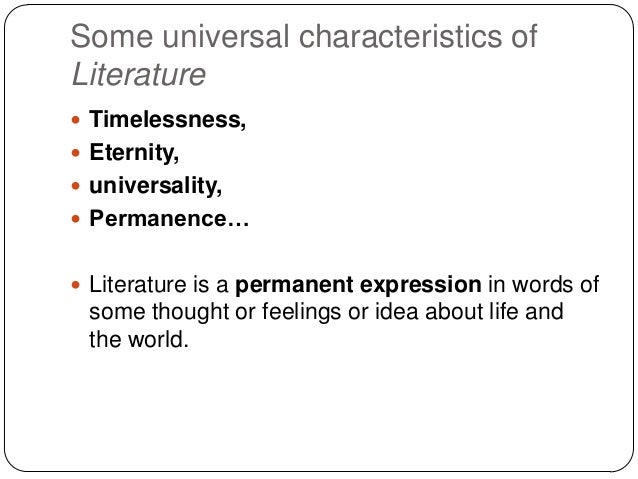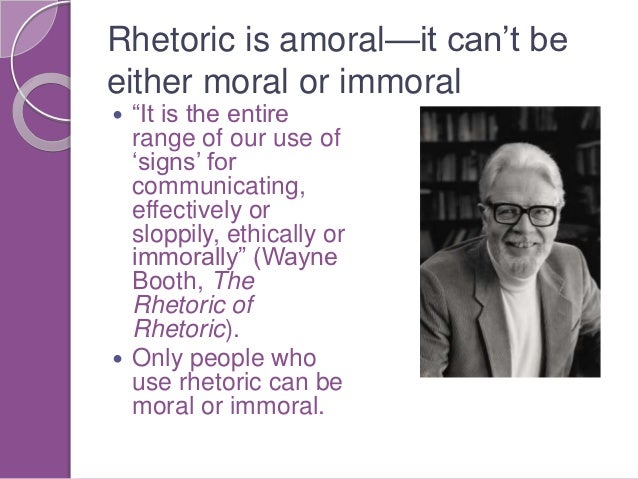



But that same bold, insistent style proved an irritant to pragmatism’s reputation in the years preceding World War II, and led pragmatists themselves to reject and downplay Schiller’s influence.”Īs pragmatism fell on hard times during the 1940s and 1950s, Schiller’s reputation also sank, and even when it was resurrected several decades later, his contri-butions were relegated to a footnote. “Without it, pragmatism arguably might not have gained the foothold it did against the idealistic strains of philosophy dominant at the time. “This project analyzes, in chronological order, the most substantial and often contested arguments that Schiller engaged in so as to promote, first, Jamesian pragmatism and, secondly, his own pragmatic humanism,” Porrovecchio wrote in his research proposal.Īs an early defender of pragmatism, Schiller’s style of argument-repeating key themes, engaging in vigorous and often humorous polemic-was crucial. Porrovecchio is working on what he describes as a rhetorical biography and intellectual history of Schiller (1864-1937), the foremost proponent of pragmatism at the turn of the century. “By the time pragmatism was introduced to the British philosophical public in 1900, Schiller was already well on his way to articulating and defending pragmatism to his peers,” said Mark Porrovecchio, a Center Research Fellow, forensics director, and assistant professor of speech communication at OSU. The two men had begun a relationship while Schiller was at Cornell and James at Harvard, carrying on a correspondence that would be of enduring value to both philosophers. Within a year, William James published several books of philosophy that set off a blaze of debate between the defenders of Absolute Idealism and advocates of the new, ethical “practicalism.” Schiller failed his doctoral orals at Cornell University and returned to England to take a position at Oxford. Peirce and William James and marked by the doctrines that the meaning of conceptions is to be sought in their practical bearings, that the function of thought is to guide action, and that truth is preeminently to be tested by the practical consequences of belief. Pragmatism: an American movement in philosophy founded by C. Man is the measure of all things: of things which are, that they are, and of things which are not, that they are not.


 0 kommentar(er)
0 kommentar(er)
